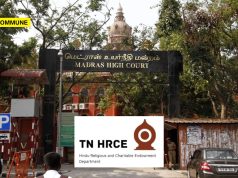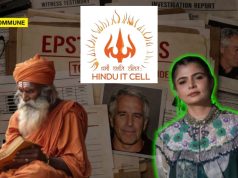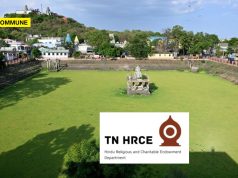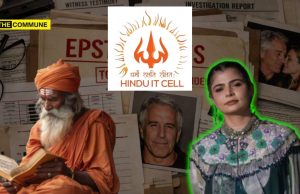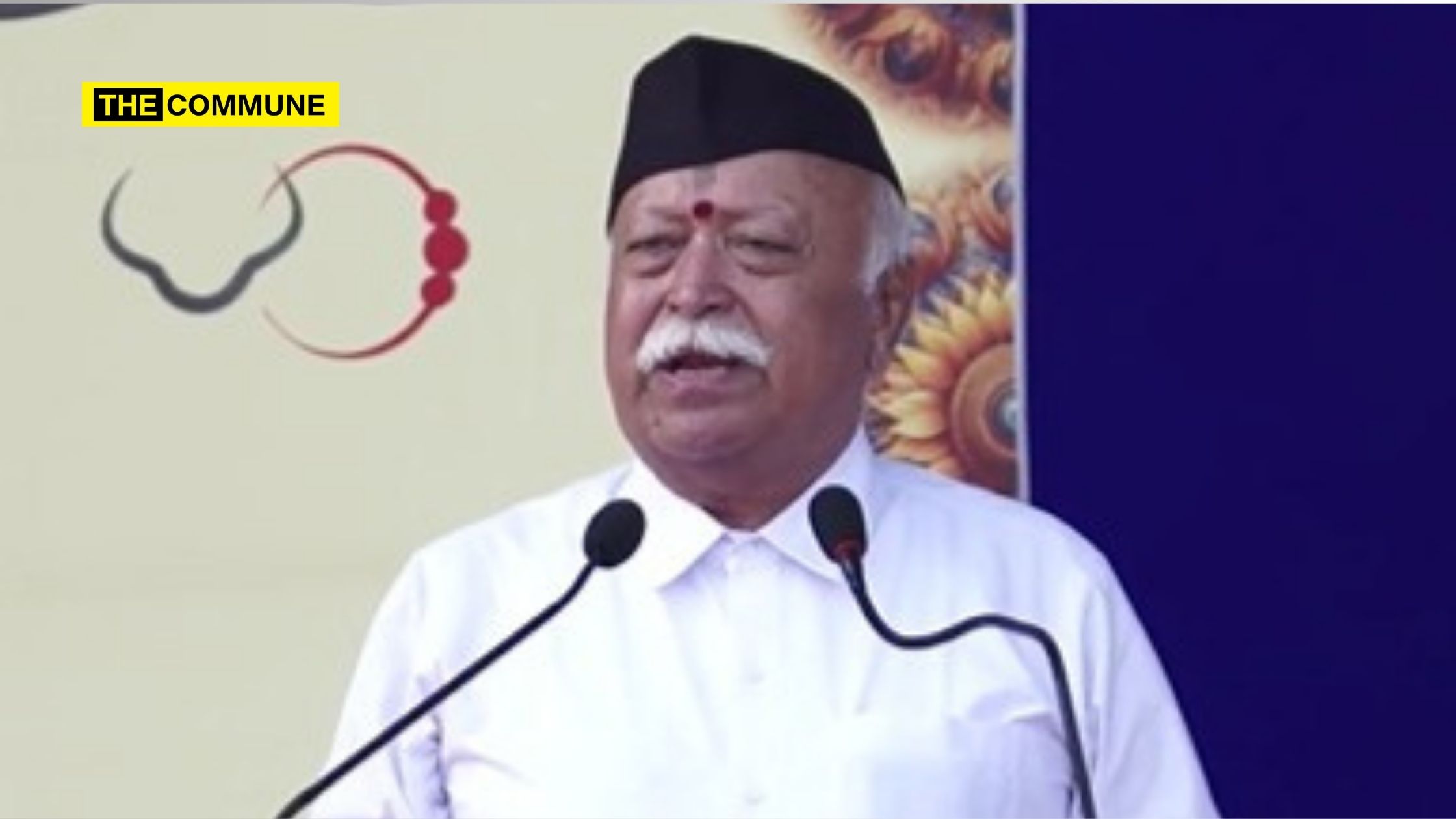
On 12 October 2024, the Rashtriya Swayamsewak Sangh (RSS) marked its 100th Foundation Day during the Vijayadasami Utsav. Dr. Mohan Bhagwat, RSS Sarsanghchalak, delivered a keynote address to Swayamsewaks at Reshim Bagh in Nagpur, with Padma Bhushan awardee and former ISRO chairman Dr. K. Radhakrishnan serving as the chief guest.
In his Vijayadasami address, the RSS Sarsanghchalak highlighted that certain global powers, whose interests may be threatened by India’s growth, seek to limit the country’s progress. He pointed out that nations claiming to be liberal and democratic often prioritize their own security and self-interest, disregarding their commitments to peace regarding their own agendas. “The deliberate attempts to tarnish India’s image through lies and half-truths are increasingly evident,” he stated.
Dr Bhagwat expressed particular concern over recent violence against Hindus in Bangladesh, noting that while local factors contributed to the situation, the broader context involves ongoing brutalities against the Hindu community. He emphasized the need for solidarity and support from the global Hindu community. He warned of the implications of illegal immigration from Bangladesh, which poses threats to national security and societal harmony.
He urged the Hindu minority in Bangladesh to seek assistance from those advocating for compassion and harmony, stressing that disorganization and weakness can invite further atrocities. Dr Bhagwat also mentioned troubling discussions in Bangladesh about aligning with Pakistan as a counter to India, highlighting external influences attempting to manipulate narratives against India.
Addressing contemporary challenges, he described terms like “Deep State,” “Wokeism,” and “Cultural Marxism” as threats to cultural traditions. He warned that these ideologies aim to undermine societal values and create divisions by fostering victimhood and distrust, ultimately leading to societal chaos. He said, “Words like ‘Deep State’, ‘Wokeism’, ‘Cultural Marxist’ are in discussion these days. In fact, they are the declared enemies of all cultural traditions. Complete destruction of values, traditions and whatever is considered virtuous and auspicious is a part of the modus operandi of this group. The first step of this modus operandi is to bring the mind-shaping systems and institutions of the society under one’s influence – for example, the education system and educational institutions, media, intellectual discourse, etc., and to destroy the thoughts, values and belief of the society through them. In a society living together, an identity-based group is motivated to separate on the basis of its actual or artificially created specialty, demand, need or a problem. A feeling of victimhood is created in them. By fanning discontent, that element is pulled apart from the rest of the society, and made aggressive against the system. Direct conflicts are created by finding fault lines in the society. An atmosphere of anarchy and fear is created by intensifying distrust and hatred towards the system, laws, governance, administration etc. This makes it easy to establish one’s dominance over that country.”
Dr. Bhagwat cautioned against political competition driven by self-interest rather than national unity, asserting that such dynamics could facilitate destructive agendas. He noted the potential dangers of prioritizing petty interests over the collective harmony and integrity of the nation, drawing parallels with destabilizing events in other countries.
He concluded by emphasizing the importance of cultural unity and the need for a proactive, awakened society to counteract these threats. A strong discourse rooted in India’s cultural heritage and constitutional principles is essential to safeguard against the rising tide of intellectual and cultural pollution.
(With Inputs From Organiser)
Subscribe to our Telegram, WhatsApp, and Instagram channels and get the best stories of the day delivered to you personally.

